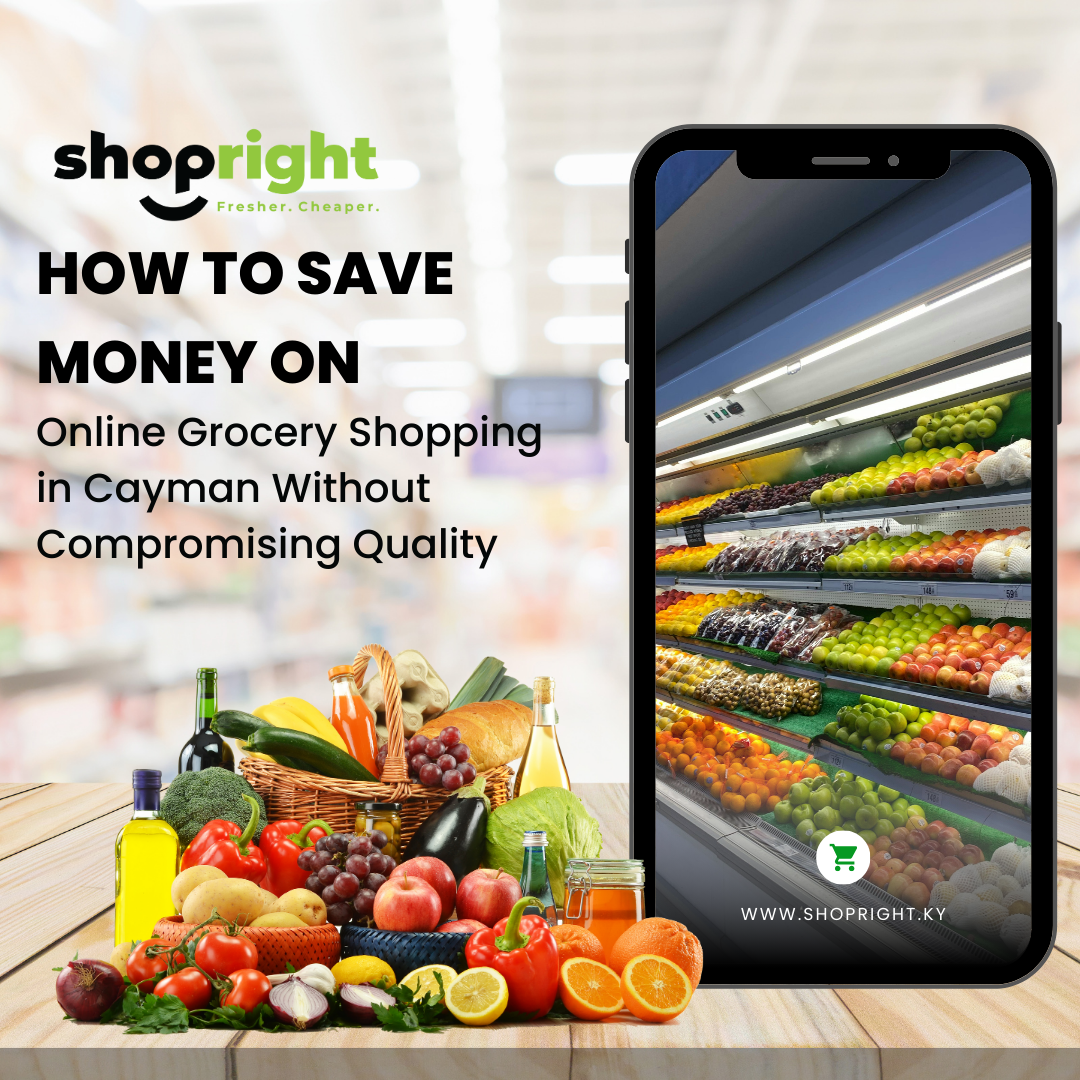
Seriously, let’s be real for a minute. Do you know that overwhelming feeling when standing in the pet food aisle? It’s a sensory overload—bags screaming "Grain-Free!" and "Organic!" The whole thing makes you panic, doesn't it? If you pick the wrong one, you’re sentencing your pet to a life of itchy skin and tummy aches.
Look, choosing the right grub is hands down the most critical health decision you make for your dog or cat. It directly dictates their energy, their coat, and, honestly, the quality of life you both share. It's too important to leave up to marketing.
Let’s cut through the BS and get down to the three non-negotiables that actually matter.
The Label Test: Stop Reading the Pretty Pictures
Forget the cute Labrador on the front. Your superpower is the fine print on the back. Since pet food has to list ingredients by weight, this is your key to exposing cheap fillers.
Meat Must Be Number One (And Named!)
The first few ingredients—the first five, minimum—make up the bulk of the food. The very first thing listed must be a specific, named meat protein. No exceptions.
- You Want This: "Deboned Chicken," "Beef," or even "Salmon Meal." That tells you they are building the food with muscle and organ tissue—the good stuff that defines best dog food ingredients.
- Run From This: Anything vague, like "Meat by-products" or, worse, "Meat and bone meal." If the company won't specify the animal, assume it's the cheap, rendered leftovers. You wouldn't eat unidentified meat, so why should your pet?
The Cat is Not a Small Dog—She's an Obligate Carnivore
This is where the marketing really confuses people. Dogs are cool, adaptable omnivores. Cats? They are obligate carnivores.
- Dogs:Need a balanced diet of protein, fats, and carbs suited to their activity level. They can synthesize key nutrients.
- Cats (Feline Nutrition Essentials): They must get essential nutrients like Taurine, Arginine, and Vitamin A from animal tissue. They lack the necessary enzymes to create these things themselves. If you feed a cat dog food, or a low-quality filler-heavy food, you are literally starving them of essentials that prevent blindness and heart disease. Do not risk it.
The AAFCO Guarantee: The Only Law That Matters
You know all those claims? "Vet Recommended," "Holistic," "Premium"—they’re all unregulated marketing fluff. The only statement on the entire bag that has legal and scientific meaning is the AAFCO Statement.
The Association of American Feed Control Officials (AAFCO) sets the nutritional bar. A trustworthy food will clearly state one of two things:
- "Animal feeding tests using AAFCO procedures substantiate that..." (This is the Gold Standard—it means they fed it to actual pets and monitored their health. This shows true commitment.)
- "Formulated to meet the nutritional levels established by the AAFCO Nutrient Profiles for..."(This is good—it means it meets a checklist of required nutrient minimums).
If you can't find this statement quickly when reading pet food labels? Put the bag back. Period. The rest is just advertising.
Kibble vs. Canned: The Moisture Factor
We tend to overthink the dry versus wet debate, but it comes down to simple biology, especially for cats.
- Cats: They are naturally poor drinkers. They evolved to get most of their water from their prey. Kibble, which is usually only 10% water, is inherently dehydrating. Canned or wet food (which is 70-80% water) is a huge benefit for their kidney and urinary health. As your cat ages, this becomes non-negotiable.
- Dogs: Dry food is fine! Their higher thirst drive makes up for the lack of moisture. You just need to ensure the formula matches their life stage (a large-breed puppy needs different calcium levels than a senior).
Final Word: Trust Your Vet, Not the Internet
You have the power now. Ignore the pretty bags, check for named meat, and confirm the AAFCO stamp. Remember: every pet is an individual. What gives one dog a perfect coat might give yours tummy troubles. If you have any ongoing issues—allergies, sudden weight gain, or persistent diarrhea—stop Googling immediately. Your veterinarian is the only qualified expert who can rule out underlying medical issues and guide you to the perfect dietary match. You’re doing great; now just shop smart.
Stocking up on supplies for your pet? You can find a wide range of high-quality pet food, essential accessories, and health supplements for your dog or cat. Check out Shopright’s dedicated Pet sections in store or browse our selection online for everything your furry companion needs.
Pet Food FAQs
A. The ingredient list is ordered by weight. If the first ingredient isn't a named animal protein (like "Chicken" or "Beef"), the food's primary component is likely a cheaper carbohydrate or filler. Since both dogs and, critically, cats require animal-based protein for essential amino acids and bodily function, starting with high-quality meat ensures the food provides the necessary nutritional foundation.
A. Cats are obligate carnivores and have a low thirst drive; they evolved to get most of their water from their prey. Dry kibble is dehydrated (only about 10% water). While your cat may seem fine, consistently low hydration over time can increase the risk of serious urinary tract issues and kidney problems, especially as they get older. Supplementing with wet or canned food, helps support their essential hydration needs.
A. The AAFCO (Association of American Feed Control Officials) StatementAAFCO (Association of American Feed Control Officials) Statement , is the only legally and scientifically verified nutritional claim on the pet food label. It guarantees the food is "complete and balanced" for a specific life stage, either by passing rigorous feeding trials or meeting a strict nutrient profile. Claims like "Vet Recommended" are unregulated marketing terms that offer no nutritional assurance. Always prioritize the AAFCO guarantee.
A. Absolutely not. Cats are obligate carnivores and have specific, non-negotiable dietary requirements that dogs do not. Cats need significantly higher protein and fat levels, plus essential nutrients like Taurine, Arginine, and pre-formed Vitamin A that must come directly from animal tissue. Feeding a cat dog food can lead to serious, life-threatening deficiencies.
A. "Grain-Free" simply means the formula excludes common grains like corn, wheat, and rice. However, these ingredients are almost always replaced with alternative carbohydrates like potatoes, peas, or lentils. Grain-free doesn't necessarily mean "carb-free" or "healthier." The term is more about marketing; you should focus instead on the AAFCO statement and the quality of the protein source.
A. Yes, you can find a wide variety of pet food, accessories, and health supplements online through our website. This allows you to browse our full inventory and conveniently arrange for pickup or delivery.
A. Shopright frequently runs specials on our pet food and supply inventory! You should check our weekly sales flyers and the dedicated "Deals" or "Specials" section on our website for limited-time offers and discounts on major brands.

 Login with Google
Login with Google 
 Your Shopping Cart is empty!
Your Shopping Cart is empty!  App store
App store Google Play
Google Play.png)
.png)


